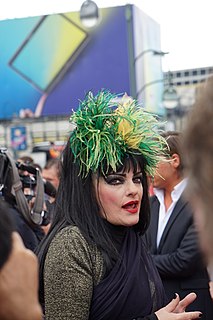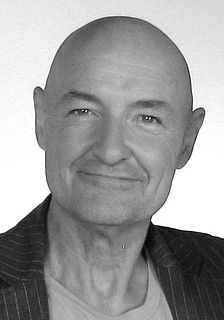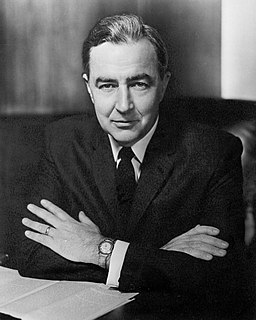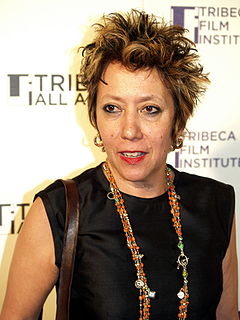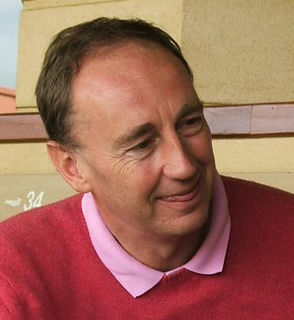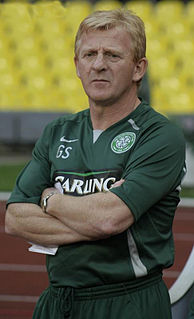A Quote by Irvine Welsh
When I left school at 16, I became an apprentice television and radio technician, and was paid £17 a week, which was decent money in 1976. But the job turned sour when I gave myself an electric shock while repairing a television set.
Related Quotes
I heard opera all day long. From the time I was 9 years old, I was imitating the singers; later I studied opera. But we also got Western television and radio, from the Americans in West Berlin. When I was 11 years old, I turned into a hippie and gave flowers to policemen. And when I was 21 and left Berlin for London, I became a punk.
They dislike me, the liberal media dislikes me. I was always the best at what I did, I went to the Wharton School of Finance, did well. I went out, I started in Brooklyn office with my father, I became one of the most successful real estate developers, one of the most successful business people. I created maybe the greatest brand. I then go into, in addition to that, part time, like five percent a week, I open up a television show. The Apprentice on many evenings was the number one show on all of television, a tremendous success.
There is danger in the concentration of control in the television and radio networks, especially in the large television and radio stations; danger in the concentration of ownership in the press...and danger in the increasing concentration of selection by book publishers and reviewers and by the producers of radio and television programs.
Recreational talking is, along with private singing, one of our saddest recent losses. Like singing, talking has become a job for trained professionals, who are paid considerable sums of money to do it on television and radio while we sit silently listening or, if we're truly lonely and determined, call the station and sit holding the phone waiting for a chance to contribute our two cents' worth.
I did television for a very long time, but if you're on television, words don't count. What the eye sees beats the words. If you switch sides, from radio to television, you learn that the wordiness that you learn on the radio is useless or not nearly as powerful, and you have to learn to trust that the eye will just beat the ear.

